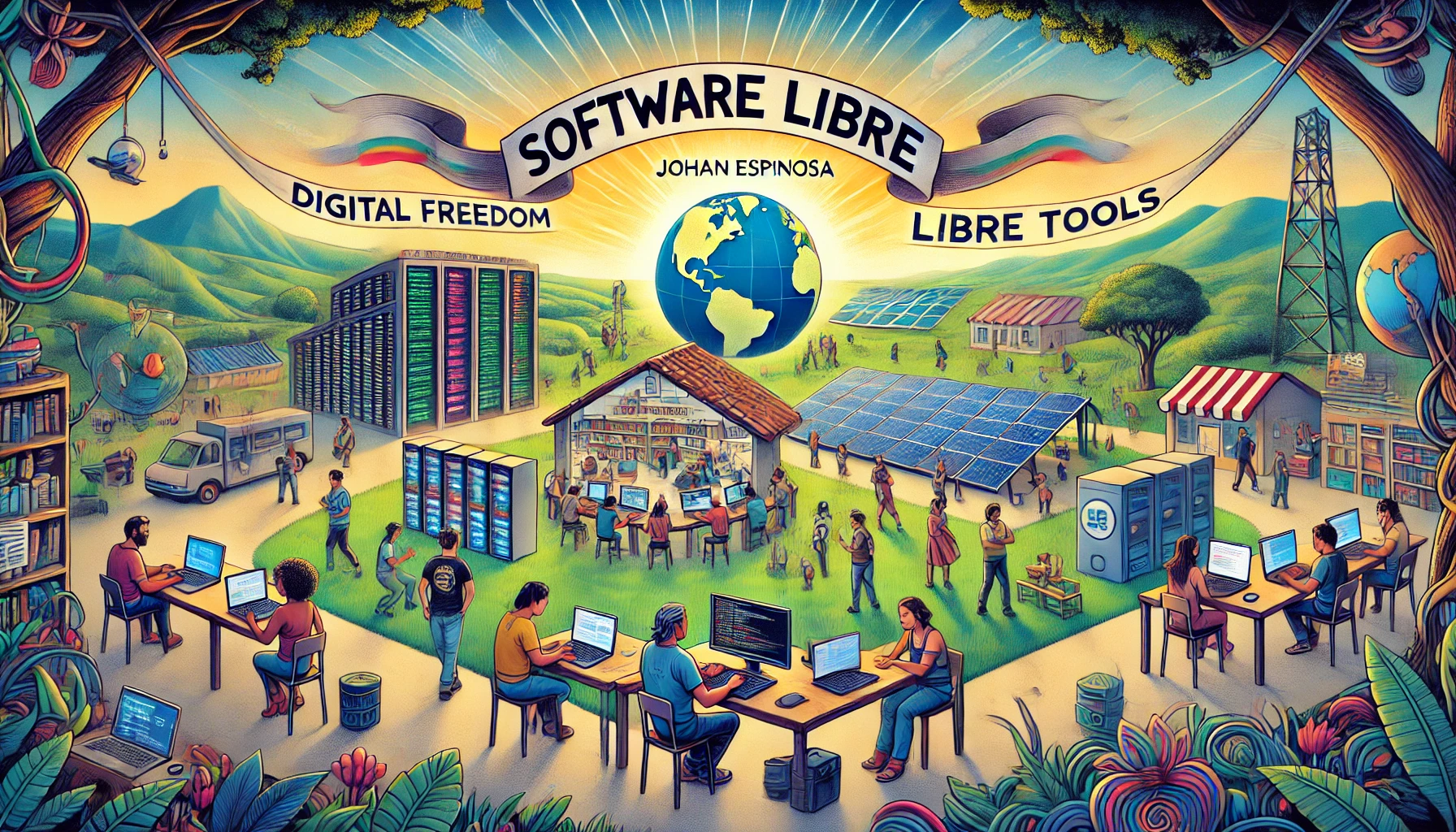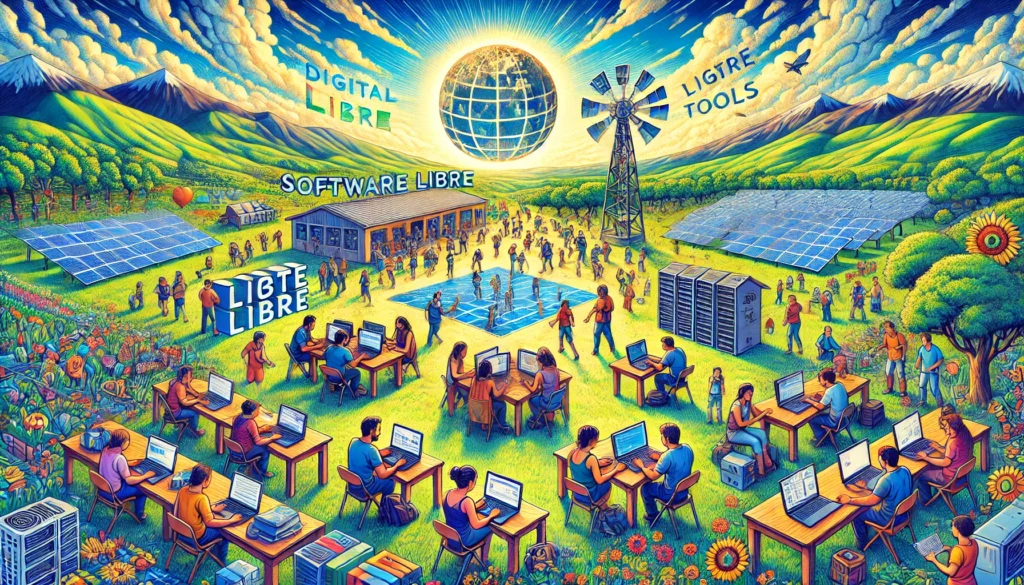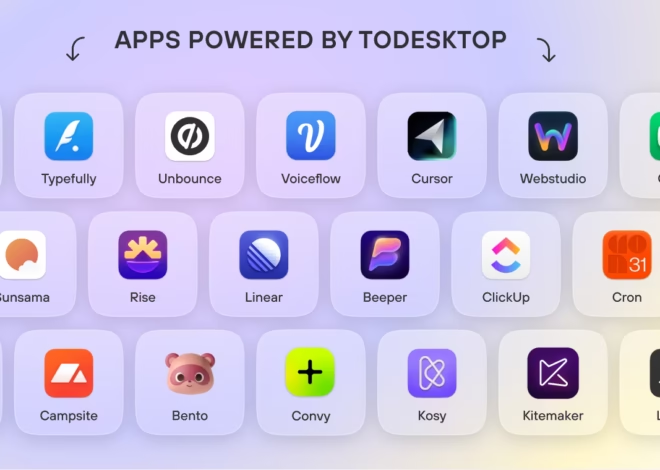
Johan Espinosa Software Libre: A Complete Guide to His Mission and Legacy
Introduction
In the ever-evolving world of technology, one name stands out for its dedication to user freedom and ethical software development: Johan Espinosa. A renowned advocate of the software libre movement, Espinosa has become a driving force behind the promotion of free, open, and accessible digital tools. Through his unwavering commitment to software ethics and transparency, Johan Espinosa continues to inspire communities, institutions, and individuals to embrace a future where technology is a right—not a privilege.
Who is Johan Espinosa?
Johan Espinosa is a Latin American software developer, educator, and digital rights advocate widely known for his leadership in the software libre community. From an early age, Espinosa was fascinated by the potential of computing to improve lives. Unlike many tech entrepreneurs who focused on proprietary systems, he aligned his career with the principles of freedom and user control.
With a deep understanding of both the technical and ethical dimensions of software, Espinosa has become a prominent figure in promoting digital autonomy. He believes that users should have the right to study, modify, and distribute software without limitations, a philosophy that lies at the heart of software libre.
Understanding Software Libre
To appreciate Johan Espinosa’s work, it is essential to understand what software libre means. Often misunderstood as simply “free software,” software libre refers to programs that grant users four essential freedoms:
- The freedom to run the program as you wish, for any purpose
- The freedom to study how the program works, and change it to make it do what you wish
- The freedom to redistribute copies
- The freedom to distribute copies of your modified versions
These principles distinguish software libre from open-source software, which emphasizes practical benefits but not always ethical concerns. Johan Espinosa software libre advocacy combines both ethical and technical excellence to champion a more just digital ecosystem.
Johan Espinosa’s Contributions to Free Software
Open-Source Projects
Johan Espinosa has developed and contributed to several open-source projects designed to empower users and communities. His tools are widely respected for their usability, security, and ethical design. One of his most notable projects is LibreTools, a suite of everyday productivity applications that prioritize user autonomy and privacy.
Another significant project, OpenLearning, provides open educational resources and platforms for students and educators, especially in underserved regions. By removing software licensing barriers, Espinosa ensures that learning opportunities are truly universal.
Advocacy and Community Engagement
Espinosa is not only a coder but also a passionate speaker and organizer. He has hosted dozens of workshops, conferences, and seminars aimed at spreading awareness about the importance of free software. His sessions often cover topics like privacy protection, software ethics, and practical steps for adopting libre software in daily life.
Collaboration with Organizations
From schools to NGOs and local governments, Espinosa partners with institutions to promote digital sovereignty. His work helps these entities transition from expensive proprietary software to cost-effective, community-driven solutions that enhance security and independence.
Impact on Education
Espinosa views education as one of the key battlegrounds for digital freedom. In many schools, students grow up learning only commercial software, creating lifelong dependency on a few corporations. Johan Espinosa’s software libre initiatives aim to change this.
He collaborates with educators to integrate free software into curricula, offering tools that are not only free of charge but also modifiable. This encourages critical thinking, problem-solving, and an early understanding of ethical technology. In rural and economically disadvantaged areas, his efforts have made a particularly profound impact, opening doors to digital learning that were previously closed.
Table: Proprietary vs Software Libre in Education
| Criteria | Proprietary Software | Software Libre |
| Cost | High | Free |
| Customizability | Limited | Fully Customizable |
| Access to Source Code | No | Yes |
| Long-Term Sustainability | Vendor-Dependent | Community-Supported |
| Educational Value | Usage-Based | Teaches Programming & Ethics |
Influence on Small Businesses
Small and medium enterprises often face budget constraints when it comes to software. Johan Espinosa software libre advocacy has helped countless businesses cut costs while improving performance. He offers consulting services to help business owners identify open-source alternatives that meet their needs without locking them into vendor ecosystems.
Beyond savings, Espinosa emphasizes innovation. Free software can be adapted to fit unique workflows, allowing companies to remain agile and competitive. This level of control also reduces risks related to data privacy and software discontinuation.
Government and Policy Advocacy
Espinosa’s vision extends to public policy. He has worked with several municipal and national governments to introduce policies that prioritize free software in the public sector. By doing so, he advocates for digital sovereignty, ensuring that a nation’s digital infrastructure is under its own control.
Through policy papers, advisory roles, and pilot projects, Johan Espinosa has demonstrated how government agencies can save millions while improving transparency and accountability.
Global Reach and Community Building
Although his work began in Latin America, Johan Espinosa software libre impact now spans the globe. He collaborates with international organizations and contributes to global discussions on digital rights, open knowledge, and technological empowerment.
His community-driven approach emphasizes inclusivity. Whether you’re a developer in Europe, a student in Africa, or a small business owner in Asia, Espinosa’s work offers tools and frameworks to take control of your digital future.
Challenges and Criticisms
As with any movement that challenges the status quo, software libre faces resistance. Common criticisms include concerns about lack of technical support, compatibility issues, and a steeper learning curve for new users. Johan Espinosa addresses these issues through education and community support. He believes that with proper guidance, the benefits of libre software far outweigh the drawbacks.
Moreover, he continues to push for better documentation, user-friendly interfaces, and training programs to help users transition smoothly.
Future Vision
Looking forward, Johan Espinosa aims to deepen the integration of software libre in emerging technologies like AI, machine learning, and blockchain. He envisions a world where users are not only consumers but also co-creators of their digital tools.
Key areas of focus for the future include:
- Developing libre alternatives in cutting-edge tech fields
- Enhancing international collaborations for greater impact
- Expanding outreach in developing nations
- Advocating for legal frameworks that protect digital freedoms
Conclusion
Johan Espinosa’s journey is not just about code—it’s about ethics, education, empowerment, and equity. His contributions to the software libre movement have redefined how we think about technology and our rights as digital citizens. As the digital world becomes more complex and centralized, Espinosa’s mission is a crucial reminder that freedom, openness, and community should be at the heart of technological progress.
By understanding and supporting Johan Espinosa software libre initiatives, individuals and organizations alike can participate in building a future where technology serves everyone—not just a privileged few.
Frequently Asked Questions (FAQs)
Q1: What is the difference between free software and open-source software? While both promote accessible source code, free software (software libre) emphasizes ethical freedom—users’ right to control their digital tools. Open-source focuses more on collaborative development without necessarily addressing user rights.
Q2: How can I start using free software? Start with alternatives like LibreOffice, GIMP, or Linux distributions such as Ubuntu or Fedora. Explore online communities and tutorials to learn more.
Q3: What makes Johan Espinosa’s work unique? His approach combines technical development, ethical advocacy, and community education—bridging the gap between code and cause.
Q4: How does free software benefit society? It ensures digital inclusion, enhances privacy, reduces costs, and empowers individuals and institutions to shape their own digital environments.
Q: Why is Johan Espinosa software libre advocacy important in today’s digital age?
Johan Espinosa’s advocacy for software libre is more relevant than ever because it addresses growing concerns around digital privacy, corporate control, and accessibility. In a world where most software is owned by large tech companies that limit user freedoms, Espinosa promotes a model that empowers users to take control of their own technology. His work ensures that software remains a tool for learning, innovation, and inclusion—especially for communities and institutions that can’t afford costly licenses or want to avoid vendor lock-in. Through his efforts, software becomes not just a product, but a shared, ethical resource for all.
Recommended Articles
The Ultimate Guide to the Songbird Serenade AI Voice Model
NBA 2K23 Chuma Okeke Cyberface: The Ultimate Guide to His Realistic In-Game Look



